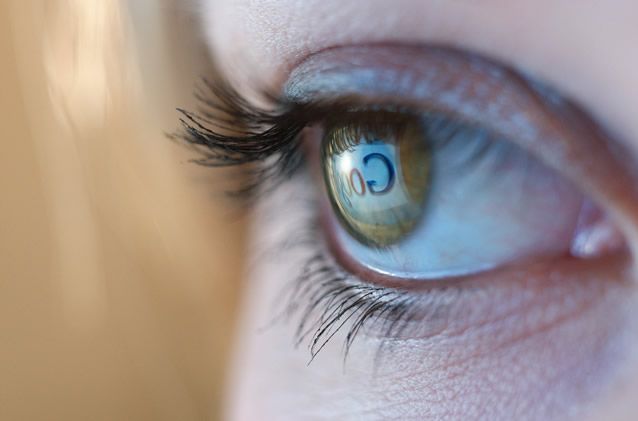Overuse of computers by clinicians makes for a less satisfying patient experience, according to a study in JAMA Internal Medicine. Patients in clinical consultations that involved high computer use were much less likely to rate care as excellent compared to those in visits with low computer use. And researchers rated clinicians in those consultations as showing less […]
Overuse of computers by clinicians makes for a less satisfying patient experience, according to a study in JAMA Internal Medicine.
Patients in clinical consultations that involved high computer use were much less likely to rate care as excellent compared to those in visits with low computer use. And researchers rated clinicians in those consultations as showing less positive affect and more criticism or disagreement.
In the US study, consultations with patients who spoke English as a second language or who had low health literacy were video-recorded. Eye contact and rapport- building were quantified, and patients were interviewed after the consultations. But not all of the reported associations were linear with increasing levels of computer use.
Indeed computers can be a force for good in the consultation, said Dr Christopher Pearce, GP and Director of Adjunct Professor at Monash University. “One of things that was quite controversial about my earlier studies was that patients respond to the computer; some in an inviting way and some in an excluding way.” It was up to individual physicians to pick up on this preference from the patient, he said.
The simple arrangement of a consultation room can make a huge difference, added Dr Pearce. “Even in the side-by-side setting patients are often looking at the screen when the doctor is looking at the screen. We are now fascinated by screens.”
The JAMA findings are also a reminder about how computers can affect body language and intimacy during a consultation. “If you need to talk to the patient, you need to lean forward and almost elbow the computer out of the way to make it clear they have your attention,” said Dr Pearce. “And then when you need to deal with the computer, specify clearly that you need to type in some notes or whatever.”
An accompanying commentary in the same journal said the study was a reminder that the most vulnerable patients may be at even greater risk than others when a disproportionate amount of a doctor’s time is spent interacting with the computer screen and not with the patient.
“Our challenge is to find the best ways to incorporate computers in the examination room without losing the heart and soul of medicine: the physician-patient relationship”, the commentary said.


